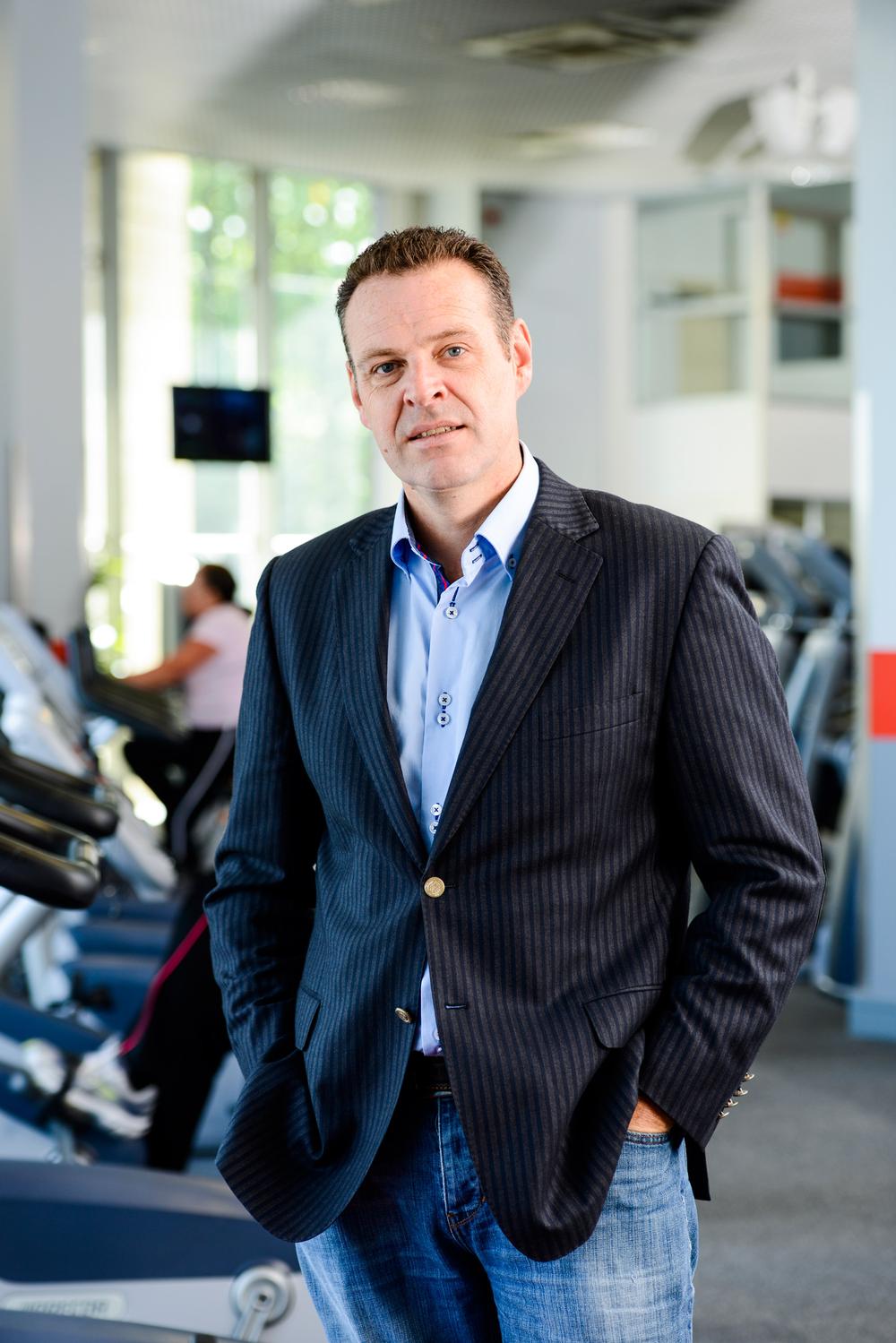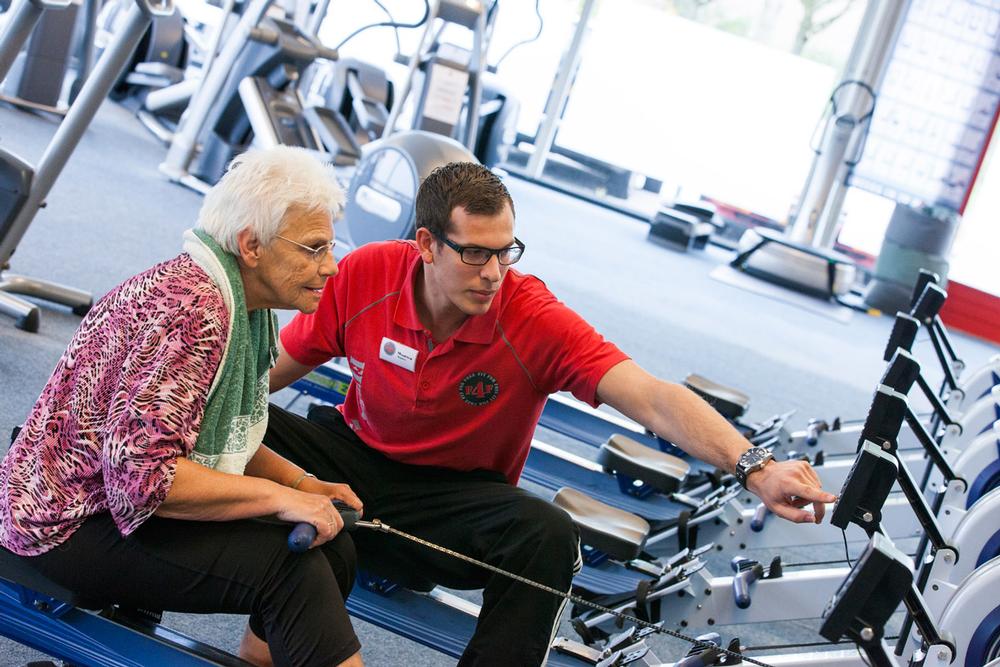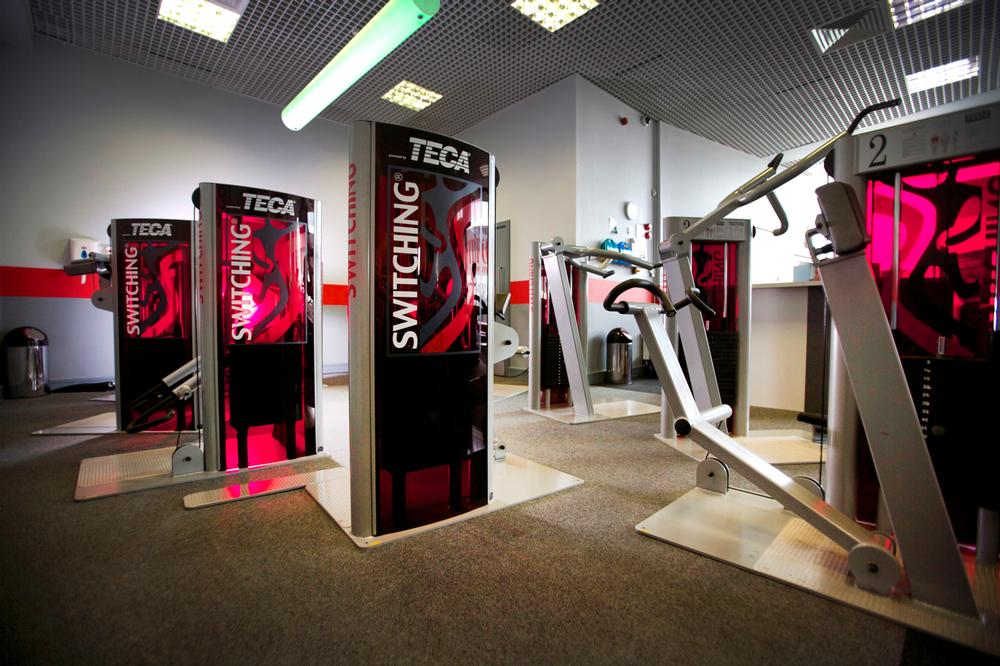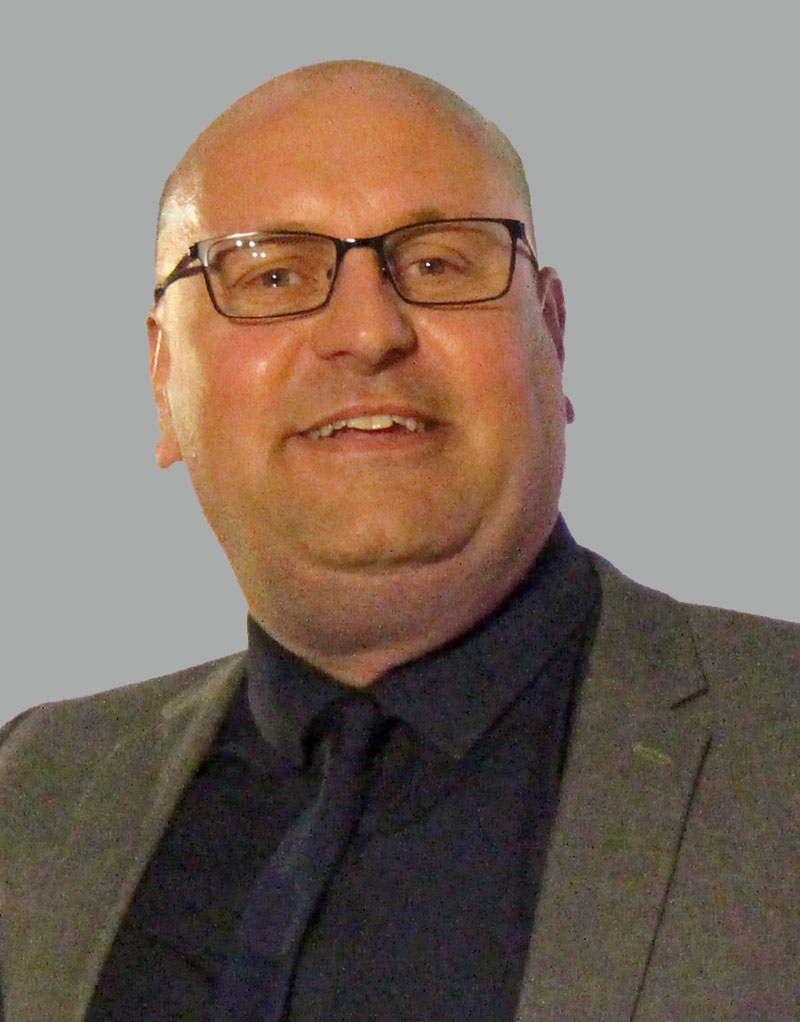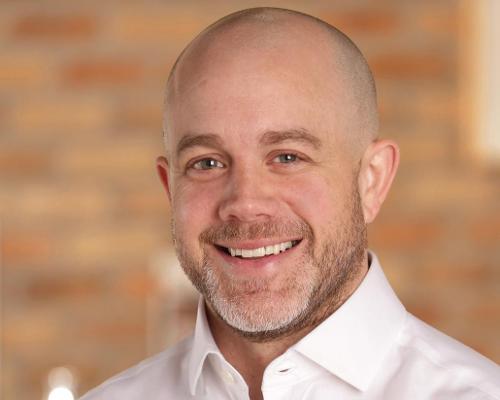features
Everyone's talking about...: Obesity as a disease
One in three Americans are obese, meaning they’re now classified as having a disease. Was the American Medical Association right with this decision – and where will it lead?
In June, the American Medical Association (AMA) voted to classify obesity as a disease in its own right, rather than simply the precursor to other diseases such as cardiovascular disease and type 2 diabetes. This means nearly one in three Americans have a medical condition that requires treatment.
This new ‘disease’ classification means that people can seek help for obesity itself, and also means that medical professionals will be remunerated for their time spent treating obesity.
According to a recent study by Duke University, treatment of obesity-related diseases already costs US$150bn a year in the States – a figure that’s expected to rise to US$550bn in the next 20 years. Although the financial impact of these lifestyle diseases has long been acknowledged, recognition of obesity as a disease could result in greater investment by government and the private sector to both develop and reimburse obesity treatments.
But could it also lead to a rush of drugs to market, over-prescribing, more surgical procedures and people handing over responsibility for their lifestyles to the medical profession?
Will this new classification mean a rise in status for the fitness industry, with healthcare providers seeking to work more closely with them to prescribe exercise? Or will it take it further away, confining treatment to the medical sector? Might people increasingly expect the solution to come from a pill from the doctor rather than having to get active?
Obesity is certainly a complicated subject and significantly more research is needed to help with its treatment. A study by Memorial University in Newfoundland, for example, found that 5 per cent of the population could be addicted to food.
The UK’s NICE declined to comment, but will other countries follow the AMA’s lead? We ask our panel...
Ardis d. Hoven,
President,
AMA
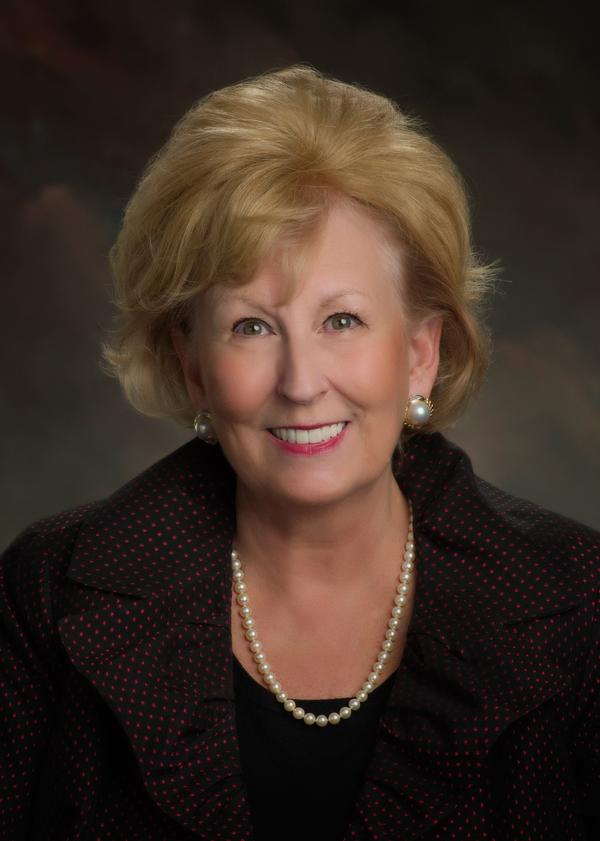
“Recognising obesity as a disease will help change the way the medical community tackles this issue. It also elevates the importance of developing new approaches to prevent and manage obesity.
Ultimately, the AMA’s House of Delegates voted for this classification because we believe it will encourage parents and physicians to have candid conversations about their weight, and other key health indicators like blood pressure and blood sugar.
Physicians previously had conversations with patients about treating obesity’s health complications, but this designation helps physicians to talk about obesity itself, as well as decide an appropriate course of action. While healthy eating and physical activity are important for preventing obesity, for some people this is not enough and medication or surgery is needed.
The excess body fat indicative of obesity doesn’t just take up space in the body – it’s metabolically active, producing hormones and other substances that may impair a number of normal body functions, including fertility and the regulation of appetite and metabolism. We’re hopeful this policy will emphasise the seriousness of obesity and its health implications. This classification may also encourage more investment to study and limit this disease.”
Dr Arya Sharma,
Chair in obesity research & management,
University of Alberta

“Obesity needs to be medicalised in order to help the millions of people who live with excess weight and the illnesses and disabilities related to it.
Obesity is viewed by governments, healthcare professionals, media and individuals as being largely caused by laziness and over-consumption: a stigmatising over-simplification of a complex health problem. If obesity is viewed as a disease, we can perhaps create a world where health professionals are remunerated for providing treatment services, where people with obesity can seek medical assistance with confidence, and where public and private funders will prioritise the provision of obesity prevention, treatment resources and related research.
In terms of involving fitness professionals, however, in many countries they are still not licensed or members of self-regulated organisations that ensure service standards and competencies. Medical training and residency or medical internship programmes within the health system are generally not part of their training. So, while I support the importance of exercise in weight management, the current training, licensing, regulation and professional standards of fitness professionals is a long way off from that of other regulated health professionals.”
Dr Chris Beedie,
Senior lecturer,
Aberystwyth University

“Classifying obesity as a disease could lead to more resources and push it further up the agenda for policy makers.
However, the cons far outweigh the pros. This decision arguably reflects a trend towards the medicalisation of life. It’s not a disease: many people diagnosed as obese are actually healthy.
Worryingly, this reclassification throws the weight of responsibility onto the medical sector, potentially taking it away from individuals, parents, educators – including physical educators – and social policy makers. It puts the emphasis on treatment, not prevention, inevitably leading to expensive medical interventions to tackle what is a societal problem.
Humans are programmed to eat as much as we can and to move as little as possible. With technology and highly calorific food, current lifestyles are the perfect storm for obesity. This is what needs addressing, not the results of it.
I doubt this reclassification will mean a boost for the health and fitness sector. It could mean the opposite, with treatment, not prevention, becoming the emphasis, and medicine taking de facto responsibility for that treatment. The sector has to better evidence its effectiveness in obesity prevention and management to compete with medicine in this context.”
Tam Fry,
Honorary chair,
Child Growth Foundation
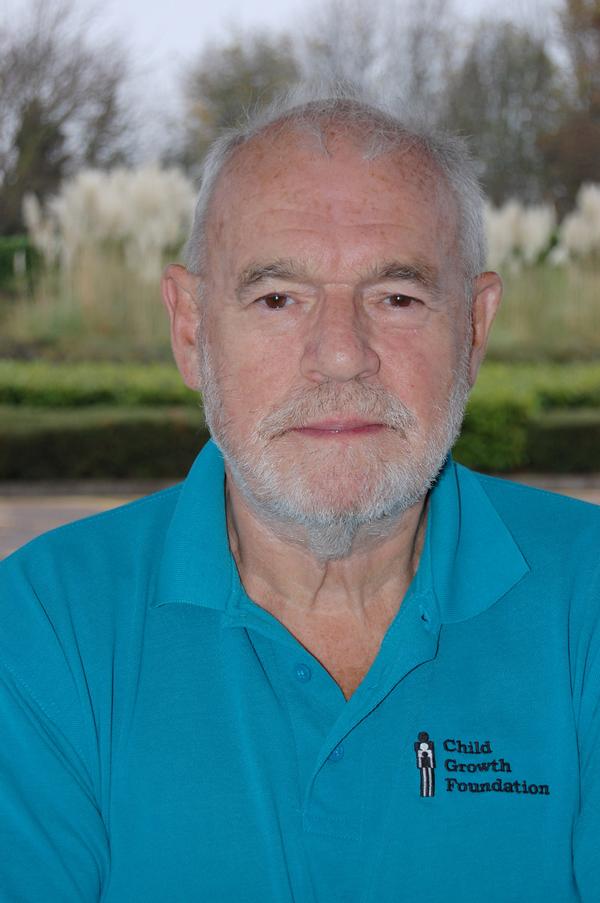
“I believe obesity should be classified as a disease – a condition to be treated and not simply dismissed by the medical profession as a problem for parents, or individuals, to overcome. Unrecognised obesity may quickly trigger more serious conditions which are more costly to treat.
Should the UK follow the lead of the US and classify obesity as a disease, I would hope that more funds would be triggered for preventive measures, especially in primary care, which is currently woefully underfunded.
In my opinion, any further funding should not be directed into the health club industry, which is a sophisticated business and should look after itself. The industry suggests to people that it will provide a quick fix to lose weight. Actually, all people need in order to exercise is a good pair of shoes to go walking.
Kids just need space to run around.
The first 1,000 days of a child’s life are crucial in preventing obesity later on. Ealing Council has recognised this by investing in the recruitment of more health visitors, providing one-on-one contact for families, coaching them in maintaining a healthy lifestyle through eating healthily and taking exercise, and also supporting mothers to breastfeed, which is essential.”
DO YOU AGREE WITH THE AMA, AND SHOULD THE UK FOLLOW SUIT? Email us: [email protected]
